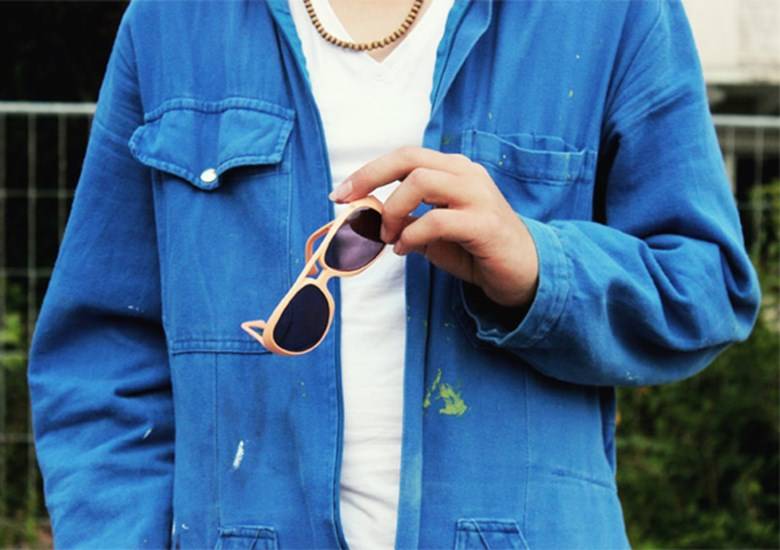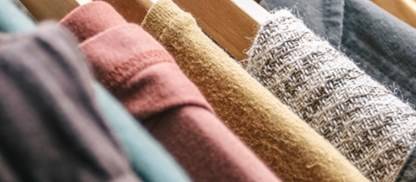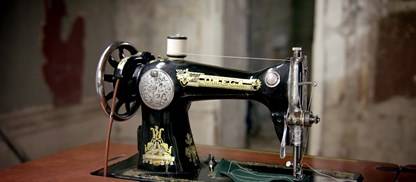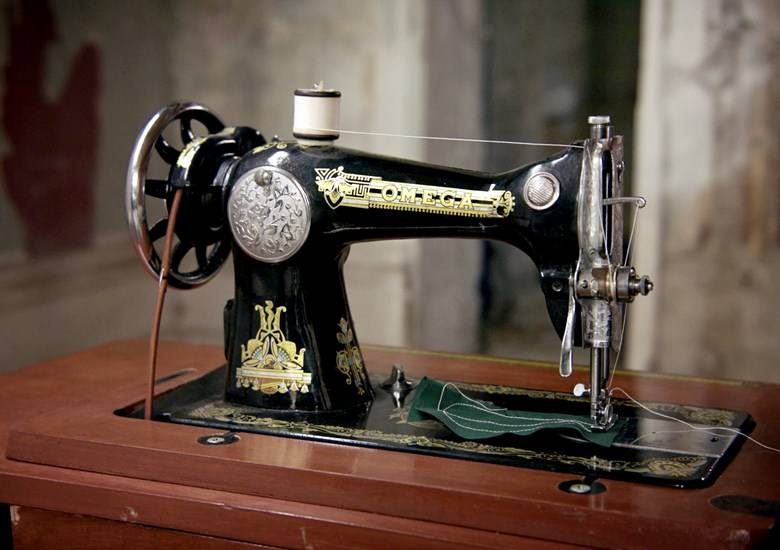Dicas para cuidados com a roupa
O cuidado com as roupas nunca foi tão fácil com Vanish. Basta adicionar uma dose a cada lavagem para fazer suas roupas durarem mais!

Desde as peças mais originais, as habituais roupas de trabalho até o seu look de “noite” favorito, você quer que todas as suas roupas que gosta durem mais. Em Vanish, acreditamos que cada peça de roupa que possui deve lhe trazer alegria enumeras vezes. A nossa fórmula Oxi Action pode ajudá-lo a manter as roupas em perfeitas condições, mantendo as cores brilhantes e removendo nódoas e odores. Basta adicionar uma dose de Vanish a cada lavagem!
Odores de animais domésticos
Saiba como remover os odores de animais domésticos das roupas.![Odores de animais domésticos]()
Cheiro a mofo
Veja as nossas dicas para remover o cheiro a mofo das roupas.![Cheiro a mofo]()
Prolongar a vida útil das roupas
Aprenda a manter as suas roupas bonitas por mais tempo.![Prolongar a vida útil das roupas]()
Lavar em água fria
Leia sobre os benefícios de lavar as roupas em água fria.![Lavar em água fria]()
Moda sustentável
Leia as nossas dicas sobre fazer escolhas de moda sustentável.![Moda sustentável]()
Desfazer-se de roupas antigas
Leia o nosso guia prático sobre desfazer-se de forma responsável de roupas.![Desfazer-se de roupas antigas]()
Símbolos de lavagem na roupa
Entenda os símbolos de lavagem na roupa com o nosso guia prático.![Símbolos de lavagem na roupa]()
Remendar, reparar e mais
Tire o máximo de proveito de roupas antigas com o nosso guia de reparos.![Remendar, reparar e mais]()
Odor de suor
Leia o nosso guia para remover o odor de suor das roupas.![Odor de suor]()
Roupas com cheiro fresco
Saiba como manter as suas roupas a cheirar bem.![Roupas com cheiro fresco]()
Roupas desbotadas
Leia as nossas dicas sobre como impedir que as roupas desbotem.![Roupas desbotadas]()












